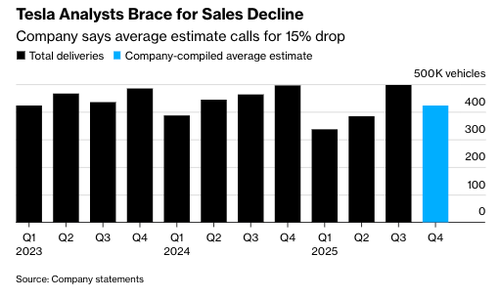India in 2047? Many things may happen between now and then that could make any prognosis seem like a bad joke.
Twenty-five years from now, the world as we know it may not be there. Nuclear swagger, nuclear terror and nuclear error – each one of these is a distinct probability, especially on our subcontinent – might well have turned our planet into a smoking ball of vapours by then. Global warming may have cooked the earth beyond retrieval, and the pandemic, which has only changed its stripes to spots, might have mutilated our lives unrecognisably by the time of that amrit vela.
India, being part of the globe’s imperilled crust, should know these fatal risks to its existence. After all, vasudheiva kutumbakam – all the world is one family – has been a mantra with for us in India. But truth be told, we are not “vasudheivi” as much as we are “kutumbaki”, a family-bound people with our immediate kin-group affinities, forming our essential identities. The theme of looking at India in 2047 is narrow in terms of the globe’s apparent destiny, but it is psychologically consistent with our favourite preoccupation: Ourselves. So, let me, an administrator by training, speculate unreservedly on what we will look like, feel like and deserve in terms of governability when we achieve 100 years of freedom.
We can be sure of one thing. We will look exactly what we will be in 25 years from now: Huge. We would have overtaken China in terms of population by 2027, and two decades later in our centenary year of freedom, we will be 1.64-billion strong and counting. Will that be something to be proud of or embarrassed about? Both, because a runaway population count does not speak well of our prudence. But we are growing not because “we breed like rabbits”, given the slowing birth rate nationally and the near-replacement fertility rate in many big states. We are the numbers we are because we do not “die like flies” anymore, a great reason for being 1.64-billion strong, a great reason to be proud of.
But that achievement of ours will make India@100 an exceptionally difficult country to govern, administer, and hold together. With that many more of us swelling our towns that want to be cities, and our cities that want to be metropolises and our mega-cities that want to be Singapore, Hong Kong or even New York, and so many more millions migrating for work from our crumbling villages to our urban dreamlands, we will be a jumble of cement and a tumble of steel.
Our urban population, nearing the giant figure of one billion, will struggle to breathe in air that will be more polluted, drink water that will beg to be called potable, and move through traffic 25 times more chaotic than it is now. Urban India will try to hide its slums that will bulge and groan, and sweep away from sight, but not from existence, the mountains of garbage on its streets.
Will there be a vision robust enough, funds enough, courage enough to cope with this nightmare? And do so ethically?
Why ethics? Governance has to do with civics, with politics, with economics. Also, to an increasing degree now, with histrionics. But ethics? Where does that curious and indefinable “ics” come in? It comes in like this: If India will, with each passing year, be more and not less difficult to govern, then short-cuts to governance solutions will become attractive via elections. Two foundational weaknesses will compromise our power at the hustings. One, our poverty. Two, our divisions. Both get exploited by those greedy for electoral victories. Ethics will be needed to resist that debasing.
Will we have such leaders in 2047? Dare I hope?
We were told, at the time of Independence, that we will collapse under the debris of our incapacity, our divisions. We have not done so. We cannot, as we turn 100, be a country that worships gods and mammon, but trashes human life, human worth, especially that of its daughters. Urban and industrialised India will, by 2047, have made a powerhouse of our country, likely raising its Gross Domestic Product (GDP) from $3 trillion to $20 trillion.
Our scientific and technological community, working exponentially in digital casements of immeasurable power, will have hurled us into gyres of newer and newer achievements. But will masses of us be living in or alongside mired misery even as many more of us live in wired wealth? Will malnutrition, early marriage, maternal mortality due to post-partum haemorrhage, continue to scar the women of India even as the country worships goddesses of legend and lore?
Will we, rural or urban, rich or poor, lend ourselves 25 years from now, to manipulation by the vendors of sectarian strife, the peddlers of hate, the merchants of communal venom stealing political power when they cannot earn it?
This is where ethics comes in. And courage. The courage to fail in the fight to stay free.
Who displayed these traits in our country last? Those who won the polls?
Jayaprakash Narayan never won a single election in his life.
Nor did Kamaladevi Chattopadhyay.
They did not call themselves Gandhians. They were truer to Jawaharlal Nehru than those who have thrived under his name.
They remain inspirations.
There is something called hope.
And prayer.
Gopalkrishna Gandhi is a former administrator, diplomat and governor
The views expressed are personal
















